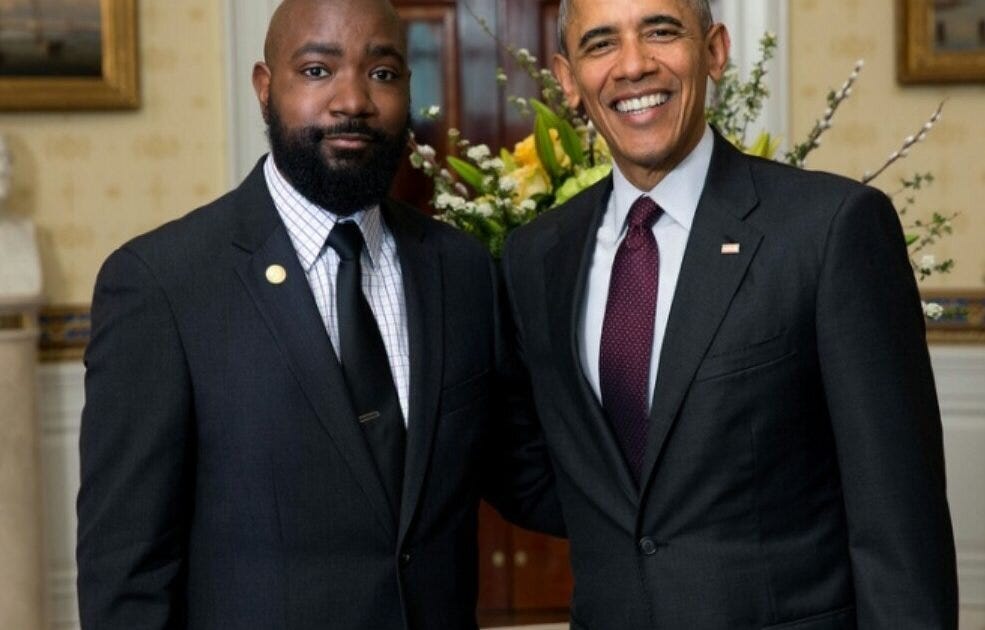Tariffs: A Game of Chess or Chicken?
You be the judge
Both chess and chicken are games that have parallels to political strategy and can be analyzed through economic modeling. I am a fan of the economics field called game theory. This week, you and I have observed this fascinating field of economics play out on the world stage. Let us discuss tariff development and how to understand it better through the lens of game theory.
What is Game Theory?
Game theory examines strategic decision-making when outcomes depend on choices made by multiple participants. Popularized in the film A Beautiful Mind, which portrayed mathematician John Nash's groundbreaking contributions despite his struggle with schizophrenia. This mathematical framework has profound applications in multiple fields, from firms and how they compete to dating life and who texts first after a date to trade wars.
At its essence, game theory analyzes how individuals or organizations make decisions when success depends on both their actions and others' responses. These "games" range from simple scenarios like the Prisoner's Dilemma to complex economic and political situations.
Game Theory and Tariffs
Tariff conflicts represent perfect case studies in game theory. Nations engage in strategic interactions where each country's tariff decisions or threats of tariffs directly impact others' economic welfare:
Prisoner's Dilemma: In tariff conflicts, countries would benefit most from mutual free trade, yet each has incentive to impose tariffs for short-term advantage—creating a classic dilemma where pursuing individual benefit may lead to collective harm.
Repeated Interactions: Since trade relationships continue over time, reputation and potential retaliation influence decision-making. The threat of future consequences can deter excessive tariff implementation.
Who Wins?
In tariff conflicts analyzed through game theory, clear "winners" rarely emerge. Outcomes depend on economic leverage, negotiation tactics, and specific circumstances. Success ultimately hinges on relative bargaining power, with communication and messaging shaping the perception of results or outcomes.
Recent Tariff Developments
Yesterday's 90-day pause on tariffs can be interpreted in two ways:
Strategic Success: The tariffs successfully brought other nations to negotiate and cooperate.
Tactical Retreat: The U.S. lost leverage, other countries called its bluff, forcing the administration to back down.
The actual scenario remains unclear as outcomes are still developing. We'll need time to determine which interpretation proves accurate. What's your assessment?
I was recently on the Nerd Farmer Podcast with Nate Bowling. Nate Bowling was Washington State Teacher of the Year and a finalist for U.S Teacher of the Year in 2016. Check out our discussion, his website and subscribe to his newsletter. Nate currently teaches in Abu Dhabi, UAE.



Game Theory is useful but I am mostly not convinced here. The prisoner's dilemma is a symmetric game. It leads to the conclusion that both sides defect from the cooperative outcome in the one shot game. The game the US is playing with say, Israel, is not a symmetric game. The US is a big player and Israel is small. When the game is modified in this way, the small player still wants to defect but the big player absorbs the defection and plays the cooperative play. The US should be the free trader in this modified Prisoner's dilemma game.. I think Chicken does a better job of describing our world today. And if Chicken is modified a bit so that swerving brings psychological pain, we can get to outcomes where both counties run into each other and die in a Foot Loose game of chicken.. This is like the US and China escalating tariff scenario.
One last point. It's probably best to describe the pause in terms of the stock and bond market crash. That gives a different read then the two you propose.
I think the true winners are the neighbors who formalized a trade agreement in order to move away from a volatile partner.